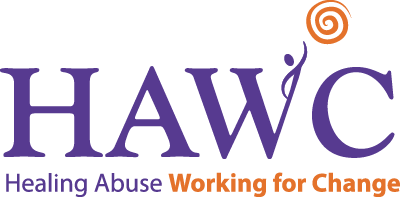Recently, sexual assault at colleges and universities has been a major topic of discussion in the media. When we talk about assault on college campuses, people automatically assume we really mean sexual assault.
This makes sense: according to the Bureau of Justice Statistics, about six in every 1,000 students will be sexually assaulted on college campuses.
However, many don’t realize how prevalent intimate partner violence can be on college campuses too. In fact, college-aged women (between 16-24) have the highest per capita rate of intimate partner violence. 21% of college students report having experienced dating violence by a current partner, and 32% of college students report experiencing dating violence by a previous partner. Peer pressure, the presence of drugs and alcohol, stressful schedules, tight-knit friend groups, and social media contribute to higher rates of abuse, sexual assault, and stalking for students. Young people also have limited relationship experience, and often if a high school relationship was at all violent or unhealthy, it is likely that future college relationships will be unhealthy too.
Knowing all this, it can hard to understand why people don’t often discuss intimate partner violence on college campuses. The answer is simple and shocking: intimate partner violence is not often discussed because it is not often reported. Understanding more about this phenomenon can help us learn how to tackle the complex issues surrounding intimate partner violence, stalking, and sexual assault on college campuses.
While 70% of young survivors don’t realize they’re being abuse by their partner, those who do know they’re experiencing abuse resist reporting it because the closed, intersecting social networks of a college campus make survivors feel trapped by their circumstances. Being away from home and from previous support networks can also make survivors feel particularly alone and unable to access help in their struggle. Students experiencing abuse may also resist reporting their experiences because they are afraid that their parents will find out, their abuser will stalk them, or their administrators will not fully understand the issue. In short, survivors are afraid of getting in trouble with their abuser, their parents, their friend group, and their school.
Students who recognize that their friends are being abused experience similar hesitations when it comes to reporting the situation. Studies show that of people who have known someone experiencing abuse, 52% believe it is not appropriate to get involved and fear that by reporting the abuse, they may harm their own friendship with the survivor or abuser.
For this reason, it has become increasingly important to put policies in place to protect students who have experienced abuse from the dangers of retaliation, punishment, and ostracization. As it stands, the U.S. Department of Education put in place Title IX protections, which require colleges and universities to investigate instances of domestic abuse among their students and take care to protect survivors from their abusers. However, these laws do not require legal trials, and administrators cannot issue legal protective orders or jail time. As a result, many survivors of abuse on college campuses who seek help from the administration are left more vulnerable than survivors in the real world.
If you or someone you know is a student experiencing abuse, consider contacting HAWC or your local domestic abuse organization to begin exploring legal remedies that colleges may not be able to provide. Additionally, contact your school’s counseling center or Title IX office to discover which paths of escape may be readily available to you. While this experience may feel scary and overwhelming, reaching out for help is the first step.
References
- Dating and Domestic Violence on College Campuses. Sexual Assault Prevention and Awareness Center: University of Michigan. Retrieved from
https://sapac.umich.edu/article/311 - (December 16, 2015). College Women Among Highest at Risk for Partner Violence. DomesticShelters.org. Retrieved from
https://www.domesticshelters.org/domestic-violence-articles-information/college-women-among-highest-at-risk-for-partner-violence#.Wckv39N97EZ - Sinozich, Sofi, et. al. (December 11, 2014). Rape and Sexual Assault Among College-Age Females, 1995-2013. Bureau of Justice Statistics. Retrieved from
https://www.bjs.gov/index.cfm?ty=pbdetail&iid=5176/


